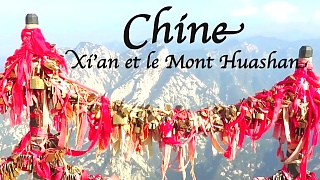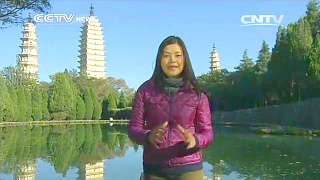With FunFancie ...
[640],shadow=true,start=405,stop=WangXianGu, also known as The Fairy Valley or Valley of the Immortals, is a legendary place in Chinese mythology and Taoist folklore. It holds significance in Chinese culture as a symbol of spiritual attainment, immortality, and the pursuit of enlightenment.
According to legend, WangXianGu is located in the remote and mystical mountains of China, often described as being hidden within the mist-shrouded peaks of the Kunlun Mountains or other ranges. The name "WangXianGu" translates to "Valley of Seeking Immortals" or "Valley of Longing for Immortals," reflecting its association with those who seek to attain immortality through spiritual cultivation and the practice of Taoism.
In Chinese mythology and Taoist beliefs, immortals are revered beings who have achieved enlightenment, transcending the mortal realm to become eternal and divine. It is said that WangXianGu is inhabited by these immortal beings, who reside in secluded caves, pavilions, or palaces within the valley's lush and picturesque landscape.
Throughout history, WangXianGu has been a source of inspiration for poets, scholars, and artists, who have depicted it in literature, paintings, and other forms of art. It has also become a symbol of the quest for inner harmony, wisdom, and spiritual liberation in Chinese culture.
While WangXianGu is primarily a mythological and metaphorical concept, there are real locations in China that are sometimes associated with the legend, such as scenic valleys, mountain retreats, and sacred sites believed to be imbued with spiritual energy. These places often attract pilgrims, seekers, and tourists seeking to experience the tranquility and beauty that are reminiscent of the mythical Fairy Valley.
 WangXianGu The Fairy Valley 望仙谷
WangXianGu The Fairy Valley 望仙谷













